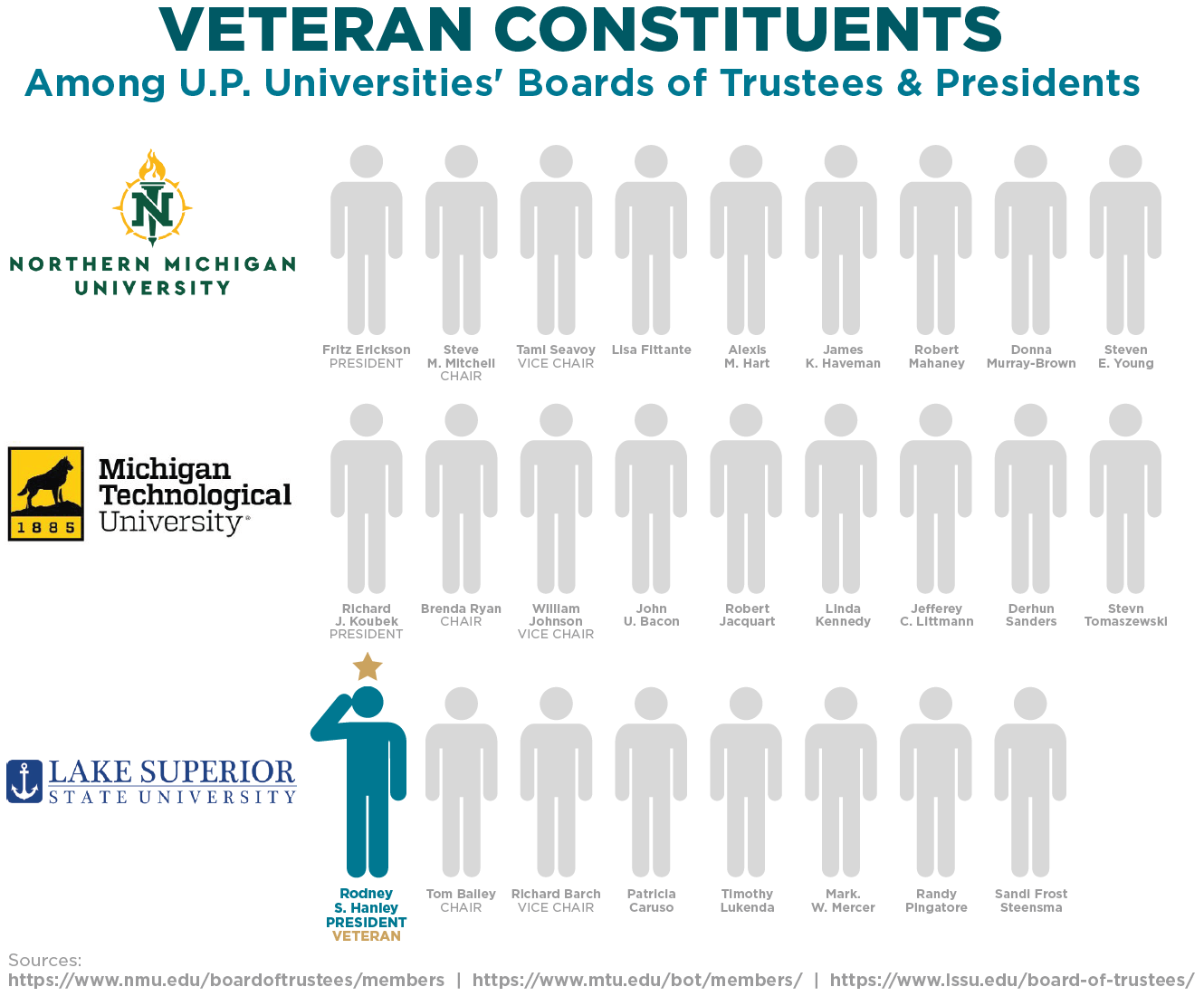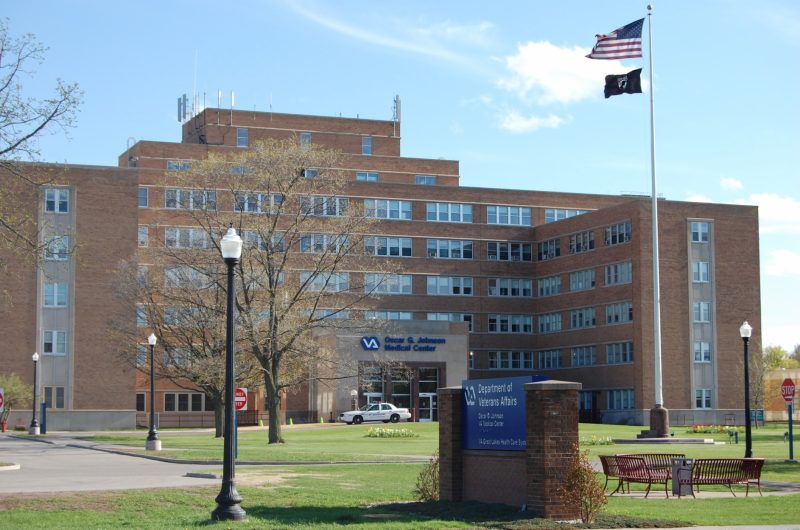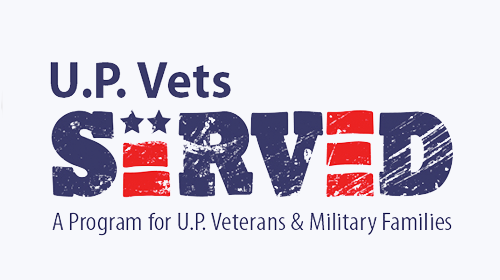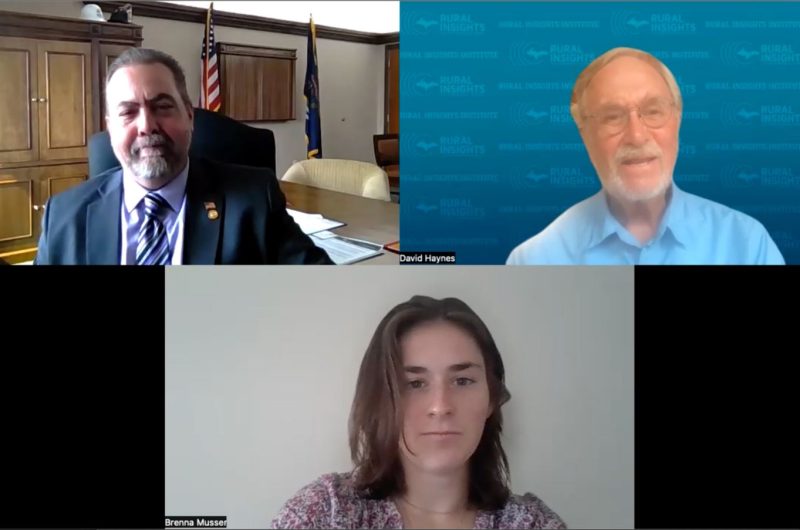Study finds lack of veteran representation among U.P. university leadership
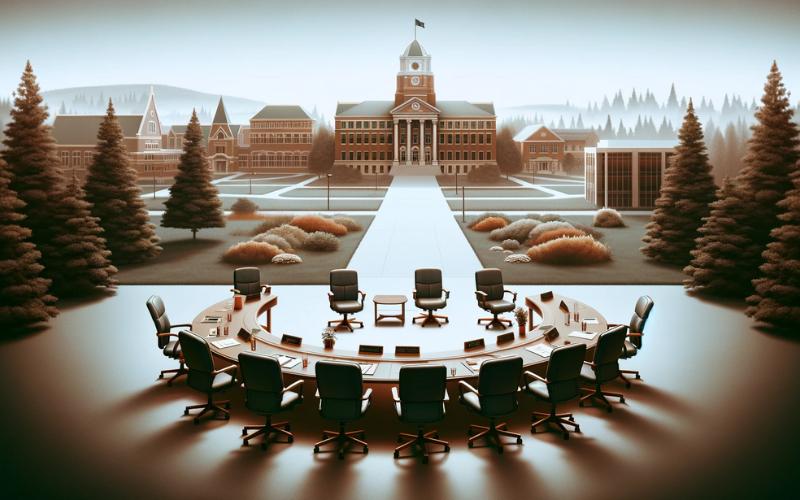
General Colin Powell said in 1989 at a Veterans Day speech at Arlington Cemetery: “The nation owes a great debt to its veterans, whose service to the nation spans every decade, every year, every day of our country’s existence. Through untold courage and sacrifice, America’s veterans have secured the liberty which the founding fathers sought to establish, in times of darkness and danger as well as in times of peace and prosperity. America’s veterans have been there.”
Today there are over 20 million veterans in our nation. In Michigan, there are over 600,000 veterans.
That is about 7.8% of the US veteran population. Over 6% of Michigan veterans live in the Upper Peninsula, compared to 3.5% in Lower Michigan. The Upper Peninsula has always had a major commitment to service in our military ranks—our young people have joined in large numbers during times of peace and war.
It is interesting to note that 7.8% of Michigan veterans live in poverty. In 2016, there were 159 veteran suicides in Michigan, and 822 were homeless.
In Michigan 54% of veterans are over the age of 65, leaving 46% under the age of 65–many of whom served in Afghanistan and Iraq in post-911 assignments. Thousands of Michigan veterans are small business owners, educators, law enforcement officials, corporate leaders, etc.
They are part of every segment of society. They teach, coach and tutor our children in our schools. They are most commonly the community leaders where we live serving on school boards, city commissions, county commissions, local foundations, etc.
In our communities, they are recognized not only for their military service (“thank you for your service”) but for their leadership talents and commitment to public service. They are recognized for their character and personal and profession leadership traits in our communities.
General Stanley McChrystal said: “Leadership is about character and second about competence.” Observers throughout American history have noted that military service produces women and men who exhibit the greatest leadership traits and talents. Veterans learn how to make good, sound decisions in complex situations.
The question we asked is whether Michigan military veterans are being called upon to serve on state and local boards and commissions.
We recently looked at some of the largest employers in Upper Peninsula communities: public universities. Are veterans serving in leadership positions at the President and Board of Trustee levels? Do these public institutions have a “veterans preference” in hiring their staff?
In the future, we will be looking at other public institutions in the UP, but we thought we would start with these taxpayer-supported public institutions in the Upper Peninsula.
There are three public, four-year universities in the UP: Northern Michigan University, Lake Superior State University, and Michigan Technological University. The majority of these eight-member boards were appointed by former Governor Rick Snyder.
Every two years, two members of each board come up for reappointment consideration (except at the University of Michigan, Michigan State University and Wayne State University, where the Michigan Constitution provides for these trustees to be elected by the general public).
Governors can choose to reappoint, or choose a new person to serve. Governor Gretchen Whitmer has been in office for two years, so she has just recently begun considering university board appointees. Universities are among the largest employers in the UP.
At the three Upper Peninsula public universities there appears to be not one trustee who is a veteran of the United States Military. Of the three current presidents of UP universities there is only one who is a veteran—at Lake Superior State University.
In the Upper Peninsula’s legislative delegation, Congressman Jack Bergman from the First Congressional District and Senator Gary Peters are US military veterans. No other federal or state legislative elected officials representing the UP are veterans.
At the statewide level, neither the Governor, Secretary of State, nor the Attorney General are veterans. In the state capitol, none of the top-four legislative leaders, out of both the Republicans and Democrats, are US Military veterans.
As for the appointment of university trustees, Governor Whitmer will be appointing at least two new trustees each year at the state’s 10 universities with appointed boards. As universities attempt to recruit more veterans and continue to provide services to enrolled veterans, it seems that there is an opportunity for the appointment of more veterans.
More veterans on these boards, according to experts in this field, will help ensure that the universities adopt veteran-friendly policies, regulations and programs.
If Michigan appoints more veterans to boards and commissions, the message to veterans might just be more than “thank you for your service,” but also “we need your leadership, expertise and knowledge to help us lead our state universities and other organizations in the public square.”
Newsletter
Related Articles

